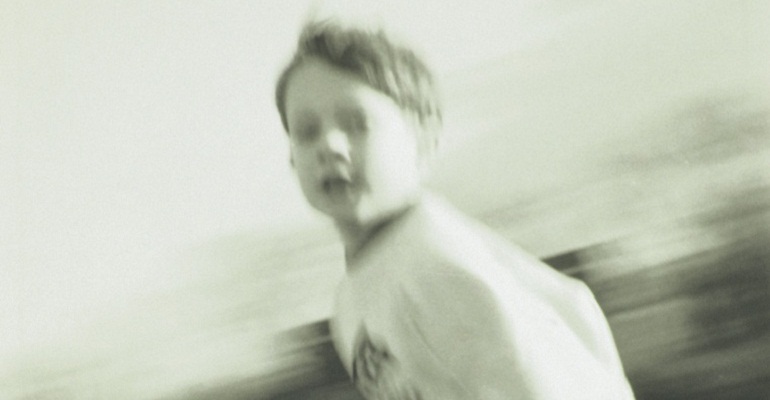An adoption therapist can help parents and their children work out tough issues concerning adoption. But how do you know if you really need a therapist’s help? And how do you find a qualified therapist?
In general, experts say, you need a therapist if you and/or your child can’t make progress on an issue. “When your child gets stuck in a stage of grief, when he or she can’t seem to move beyond a certain point — whether that’s sadness or anger — or whenever you as a parent think ‘I think he needs professional help,’ get it,” says Lois Melina.
Whenever a child exhibits inappropriate behavior, it’s worth exploring the cause(s) and possible solutions. But don’t automatically assume that every problem is linked to adoption. Adoptive parents commonly misperceive normal developmental conflicts as stemming from adoption, Susan Fisher says, and healthy children will exploit that (i.e., My birth mother wouldn’t make me do that”).
If you need a therapist, finding one experienced in adoption issues can be tricky. You’ll have to screen potential therapists carefully to make certain you’re getting the best one. “Ask the clinician questions to ensure that the clinician has worked with other adoptive families,” Debbie Riley says. She suggests researching the issues you’re concerned about, then asking the therapist specific questions about them. If the clinician can’t answer them or answers them in a way that seems counter to prevailing knowledge, skip that therapist.
For an overview of issues to consider in selecting an adoption therapist, check the Child Welfare Information Gateway.
